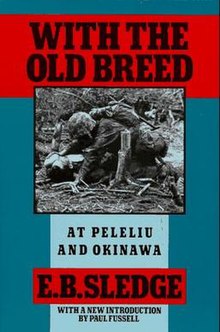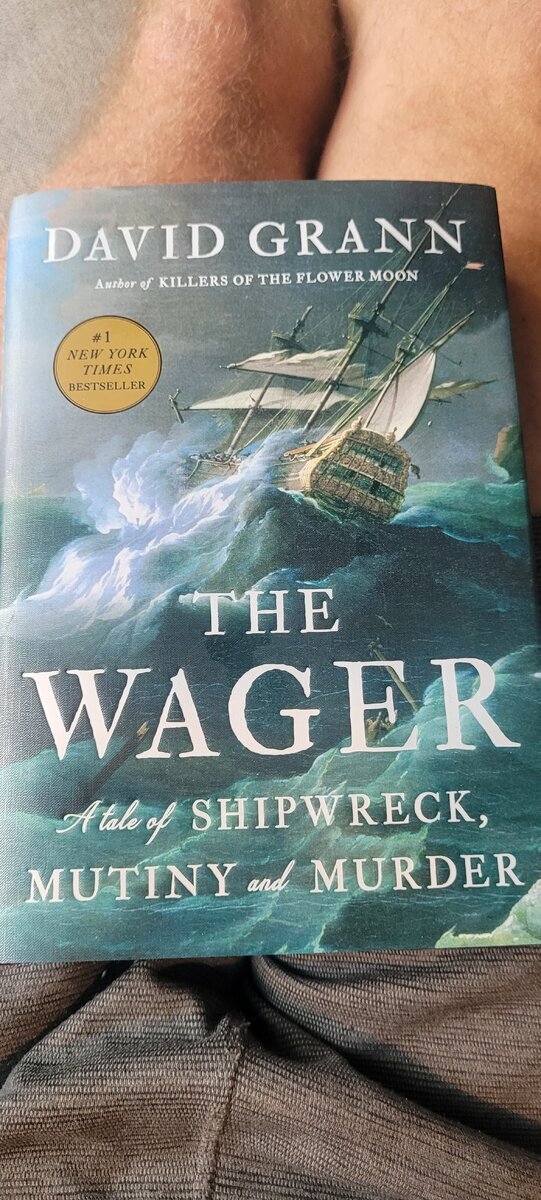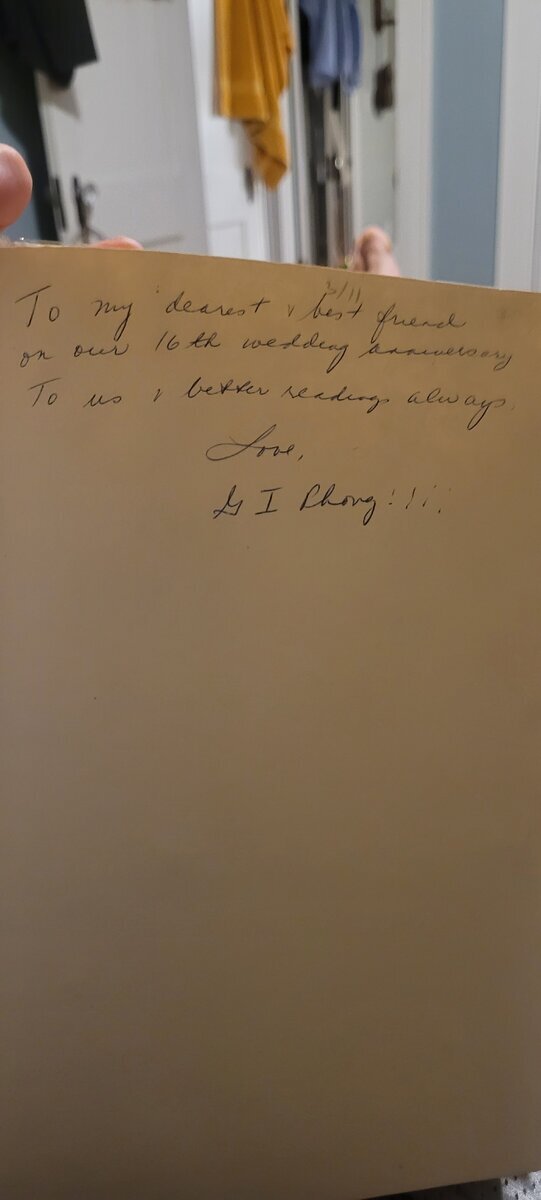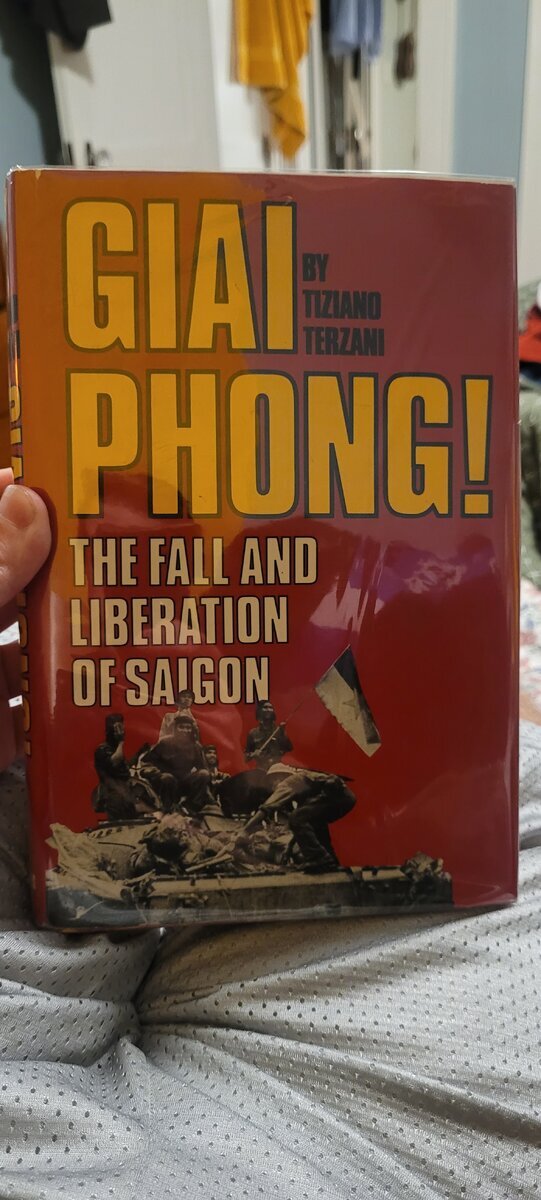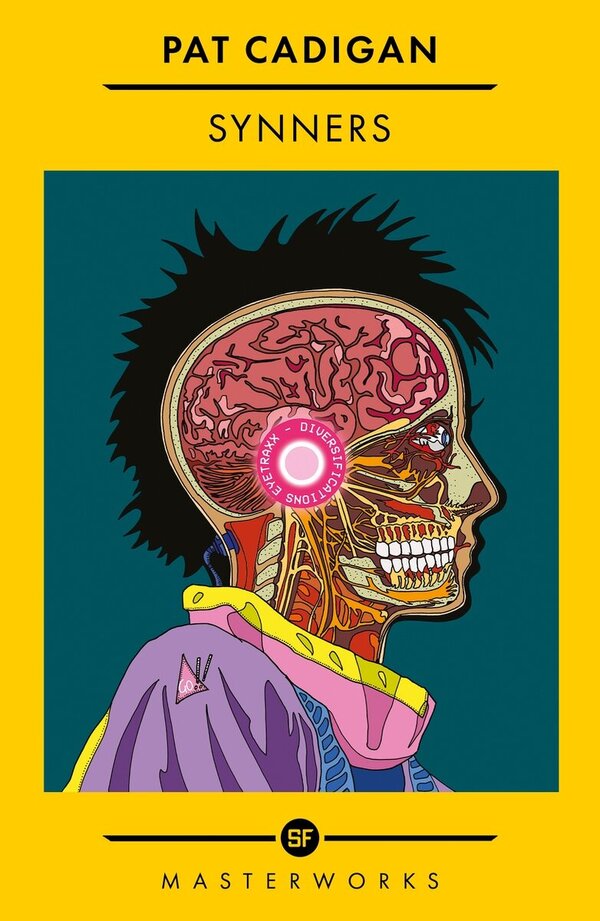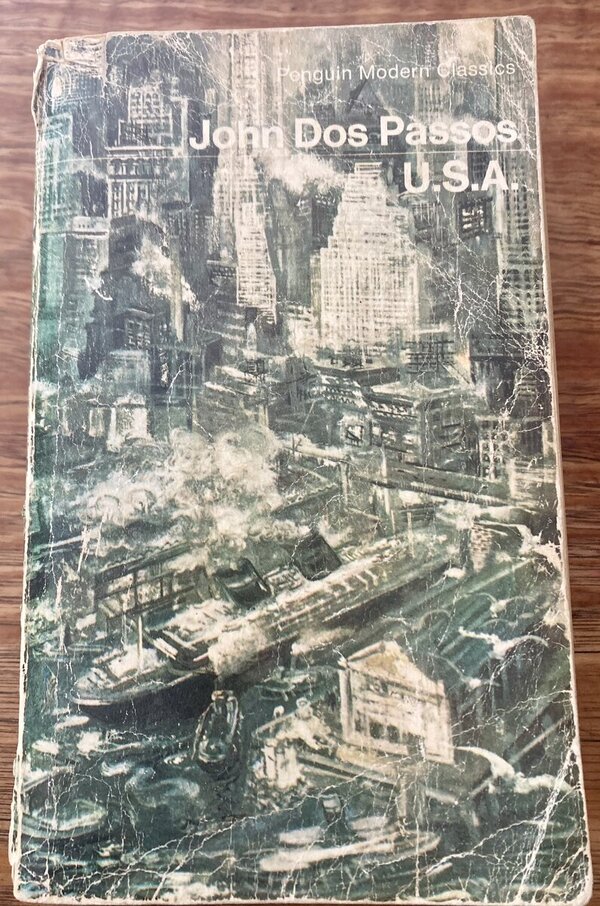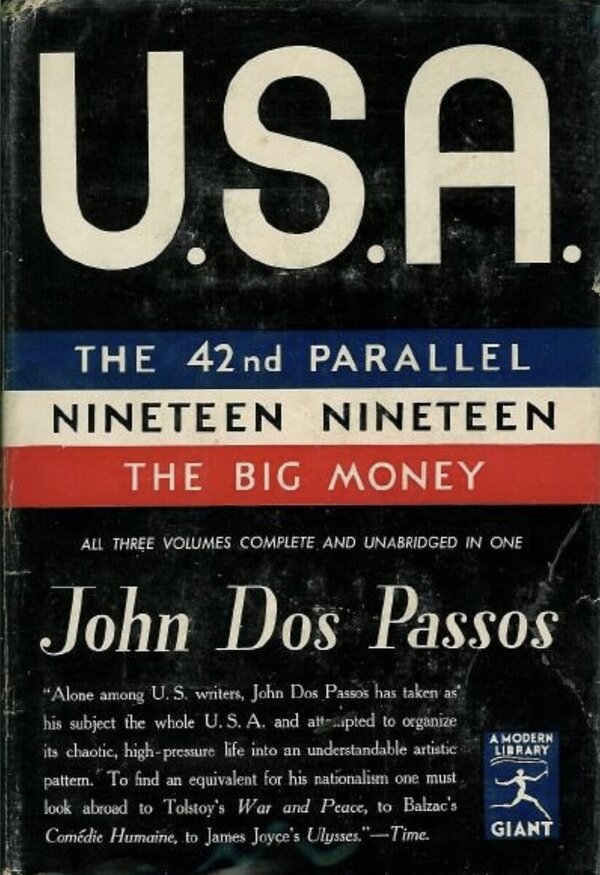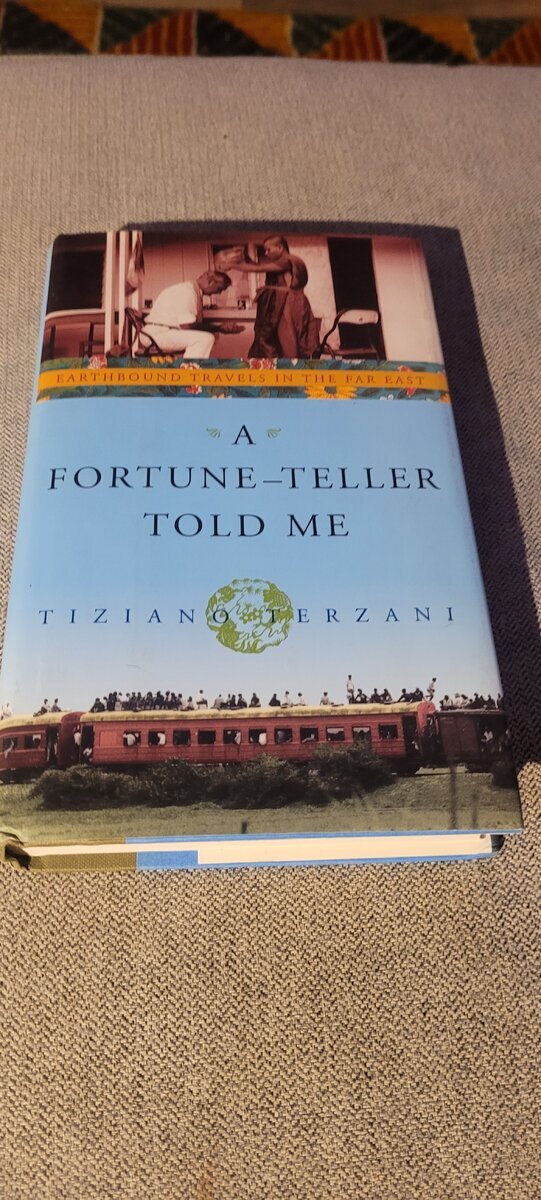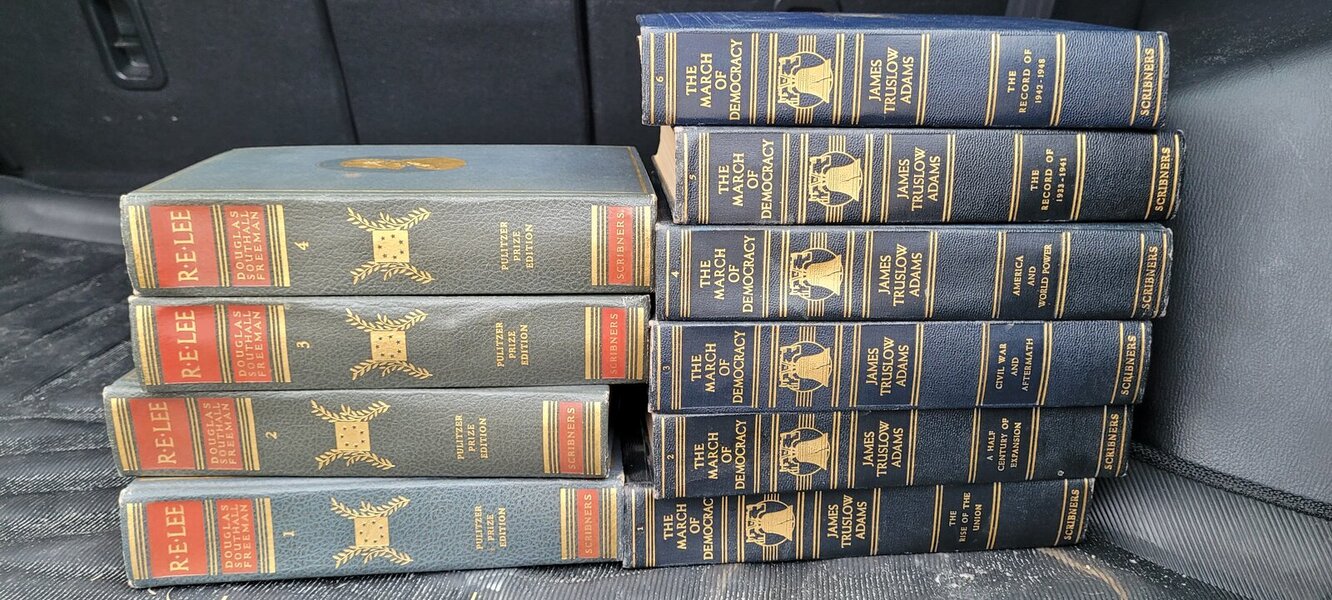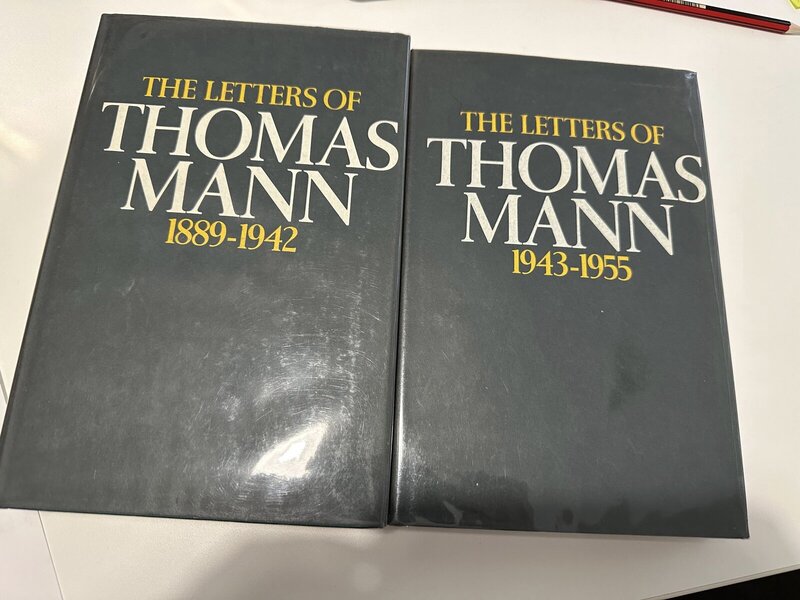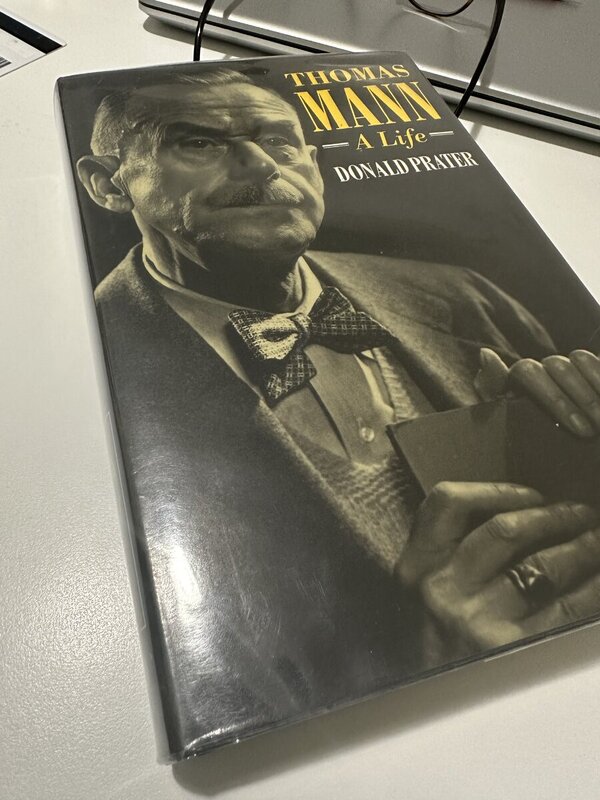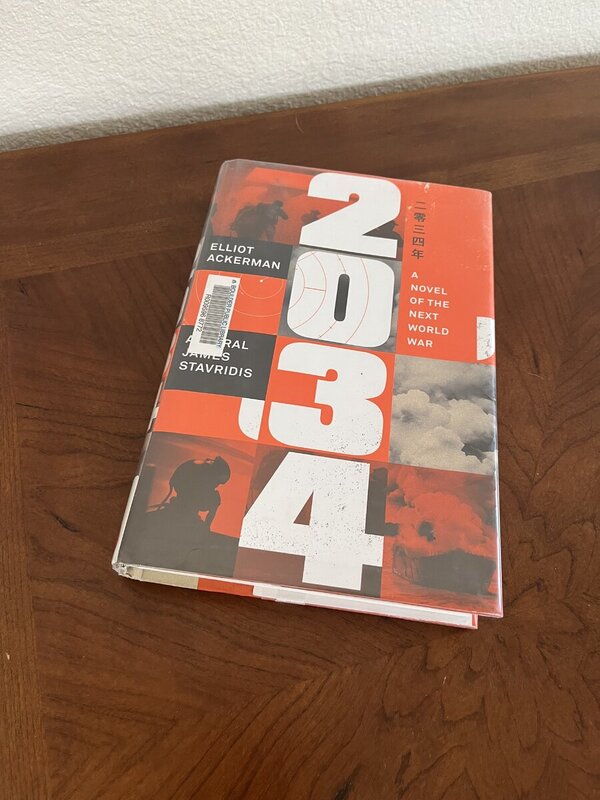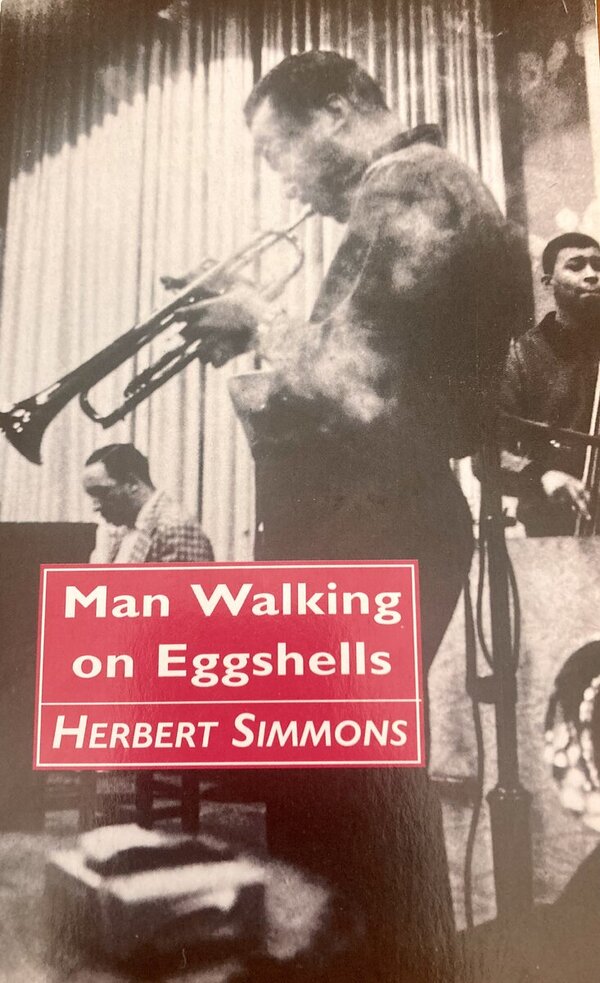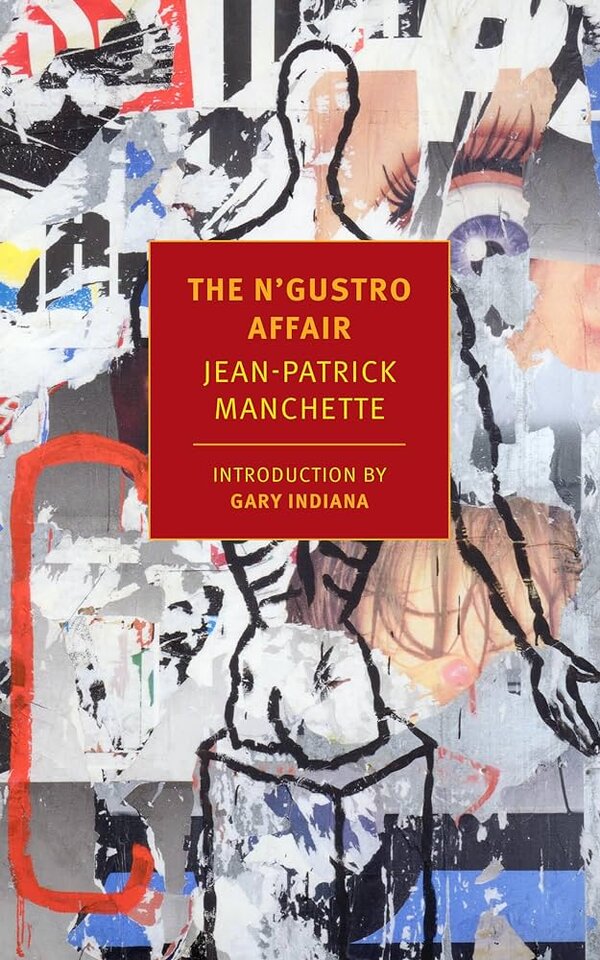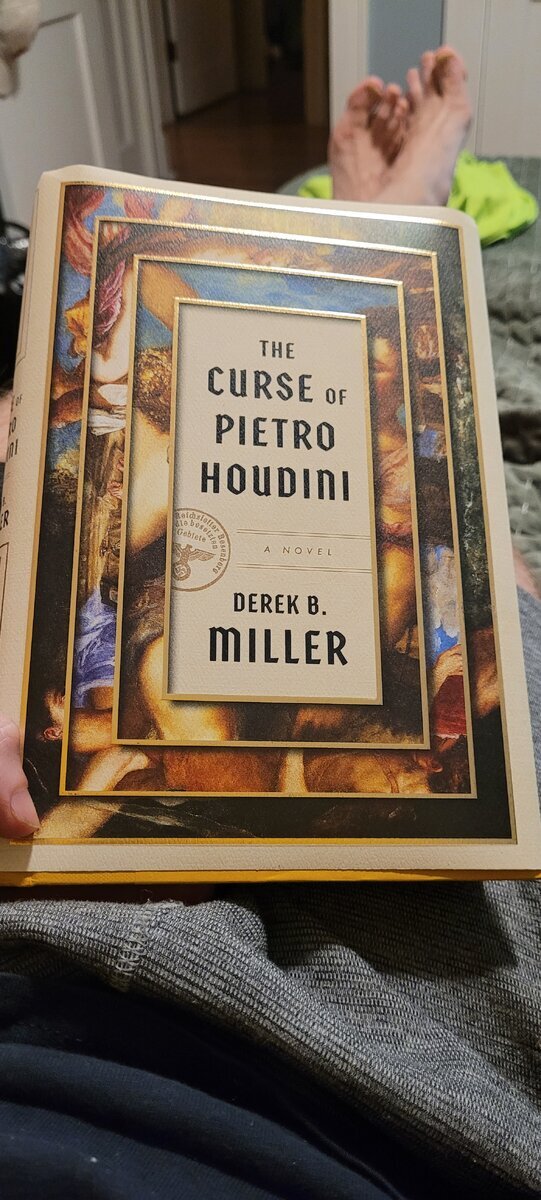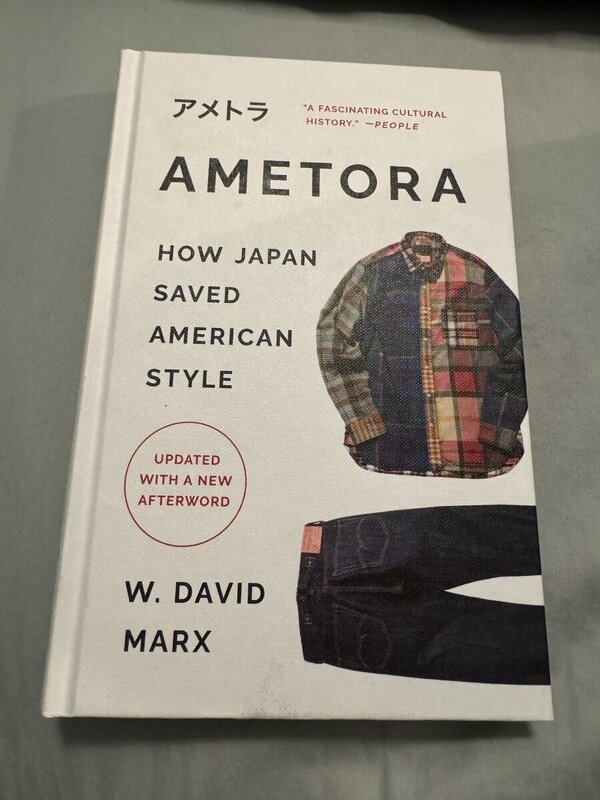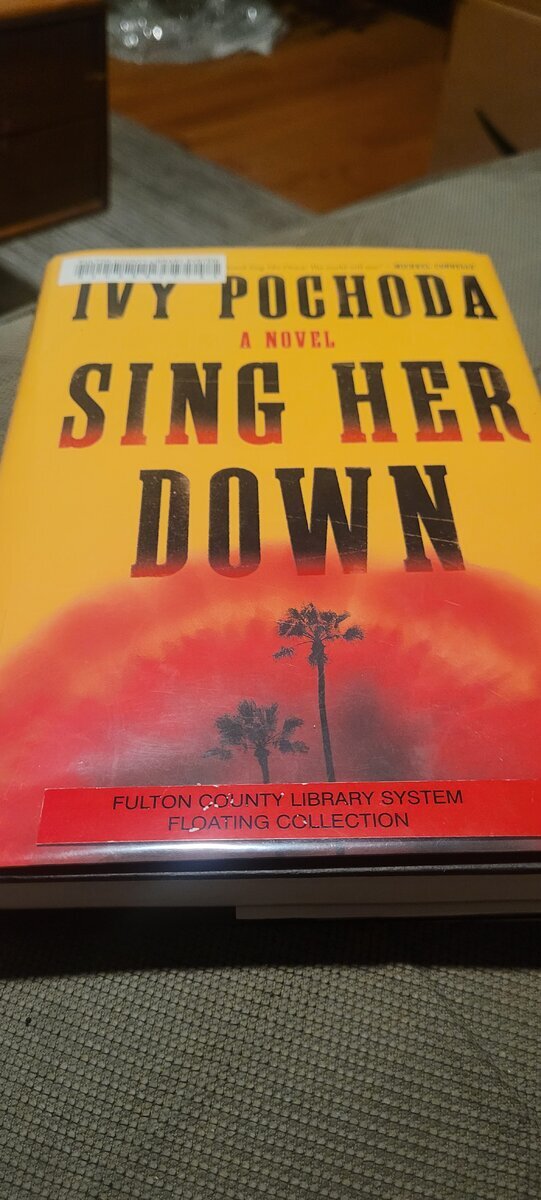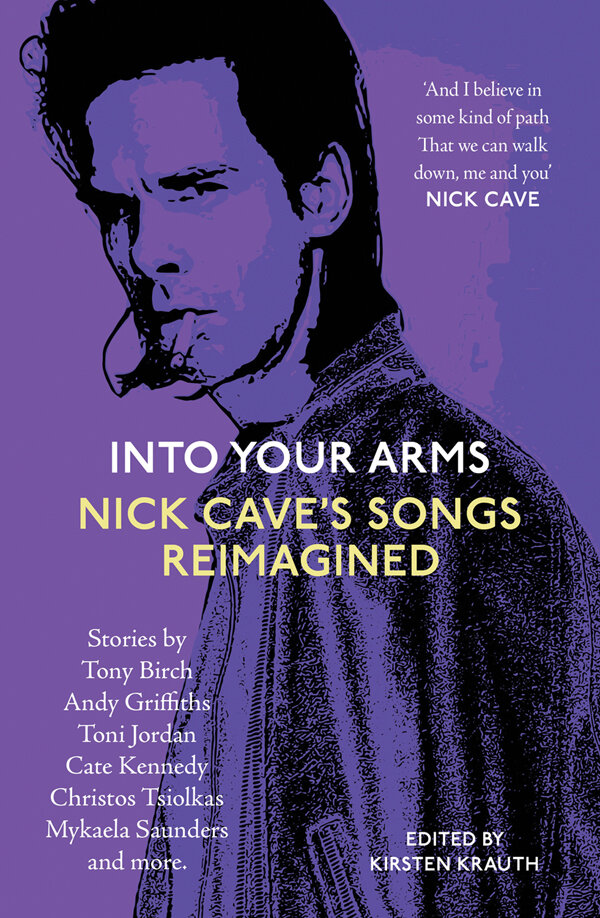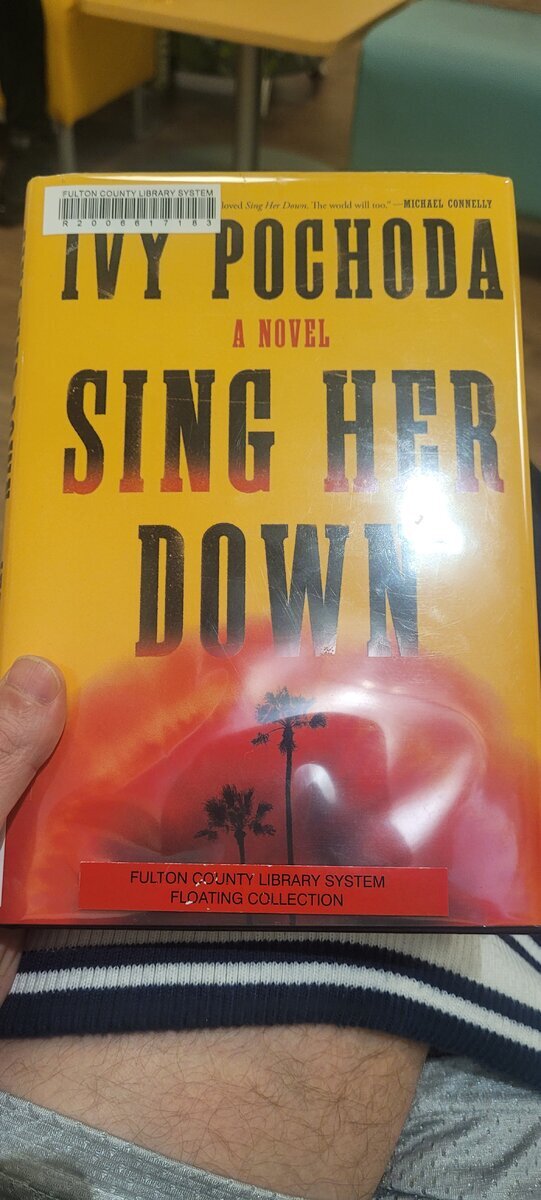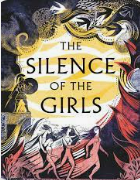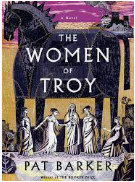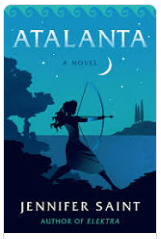venividivicibj
Stylish Dinosaur
- Joined
- Apr 9, 2013
- Messages
- 22,870
- Reaction score
- 18,389
The Atlas Six by Olivie Blake
Six of Crows (part of the inspiration for the Shadow & Bone Netflix show) - it was okay, but not interesting enough to read the second part of the duology
Started The Gray Man and just couldn't finish. Some of the writing was just painfully awkward. Too... he-man.
Have a bunch of books lined up (Will of the Many, American Gods, Aeronaut's Windlass, City of Brass, The New(ish) Lincoln Lawyer) but nothing is super inspiring at the moment.
Six of Crows (part of the inspiration for the Shadow & Bone Netflix show) - it was okay, but not interesting enough to read the second part of the duology
Started The Gray Man and just couldn't finish. Some of the writing was just painfully awkward. Too... he-man.
Have a bunch of books lined up (Will of the Many, American Gods, Aeronaut's Windlass, City of Brass, The New(ish) Lincoln Lawyer) but nothing is super inspiring at the moment.
